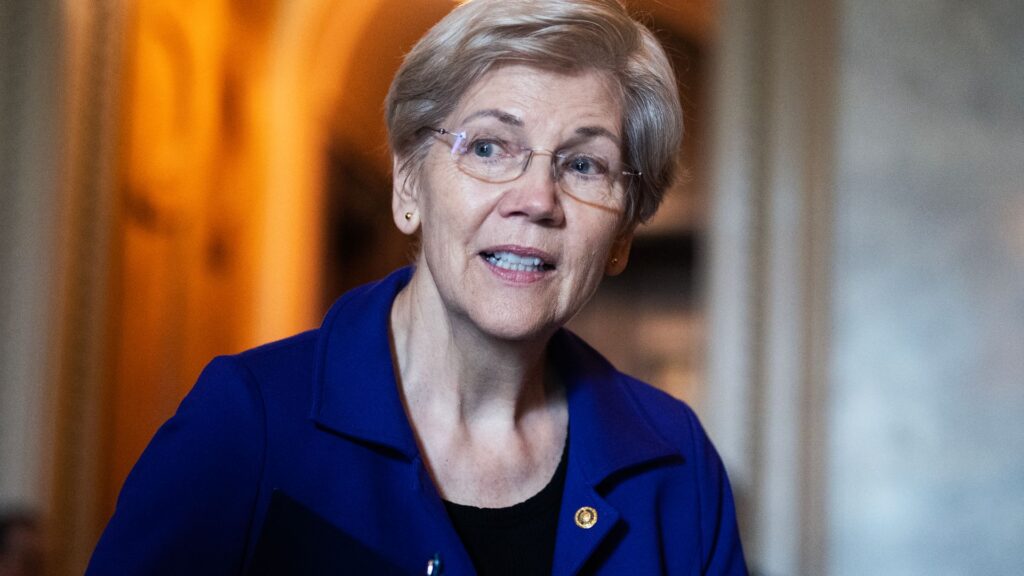Democrats Propose New Regulations for Presidential Library Fundraising
Senate Democrats are igniting a critical conversation regarding the funding of presidential libraries, particularly in light of former President Donald Trump’s significant fundraising efforts for his future library. This initiative has raised concerns regarding the anonymity of donors and potential conflicts of interest.
On Wednesday, Senators Elizabeth Warren of Massachusetts and Richard Blumenthal of Connecticut are expected to introduce a bill aimed at establishing regulations for the fundraising process related to presidential libraries. According to documents obtained by CBS News, Warren expressed her strong opposition to the current lack of oversight, stating, “Donald Trump is using his presidential library as a tool for bribery while he is still in office.”
Concerns Over Donor Influence
Warren has pointed out that numerous donations banking on Trump’s future library are sourced primarily from companies and special interests looking for favors from him. She emphasized the alarming absence of rules governing these contributions, saying, “Right now there are no rules.”
The impetus for this legislation follows several notable announcements regarding high-value gifts directed towards the Trump library. For example, a lavish Boeing 747 was donated to the U.S. Air Force by the Qatari royal family for Trump’s use, with plans for it to be transferred to his library afterward. Additionally, large legal settlements Trump reportedly received—including lawsuits against Meta, Paramount, and others—are also intended for his library, potentially amassing up to $63 million according to recent assessments.
Proposed Legislative Measures
Alongside Warren and Blumenthal, Representatives Jared Moskowitz (D-Fla.), Melanie Stansbury (D-N.M.), and Jamie Raskin (D-Md.) are backing various measures to limit fundraising for presidential libraries. Key elements of the proposed legislation include:
- A cap on individual contributions set at $10,000 during the president’s term in office.
- Quarterly disclosure requirements for donations of $200 or more.
- A two-year ban on accepting contributions from foreign nationals or federal contractors post-term.
- A prohibition on using library donations for personal expenses.
Warren remarked, “The settlements show everyone who has business pending in front of the federal government, that if they’ve got enough money and can funnel it to Donald Trump through his future presidential library, they might receive better treatment from the US government.”
Opaque Funding Landscape
The exact amount raised for Trump’s library is likely far greater than what is publicly visible. For instance, funds remaining from the $239 million garnered by the Trump inaugural committee are anticipated to be reallocated to the library, yet the extent of these transfers remains unclear. Unlike inaugural funds, which are under strict reporting requirements, donations to presidential libraries lack such transparency.
Experts have noted that the foundation supporting presidential libraries operates with minimal oversight. Brett Kappel, a campaign finance lawyer, pointed out that while campaign contributions face strict regulations, donations to presidential libraries enjoy no such limits, raising the chance for perceived ethical breaches.
| Measure | Description |
|---|---|
| Contribution Cap | $10,000 per individual while in office |
| Quarterly Disclosure | Required for donations of $200 or more |
| Cooling-Off Period | Two years after term end for certain donors |
| Prohibition on Personal Expenses | Library funds cannot be used for personal benefit |
Despite calls for accountability, efforts to impose transparency on presidential library fundraising have largely faltered in Congress over the past two decades, with previous attempts at legislation failing to advance past the Senate.


